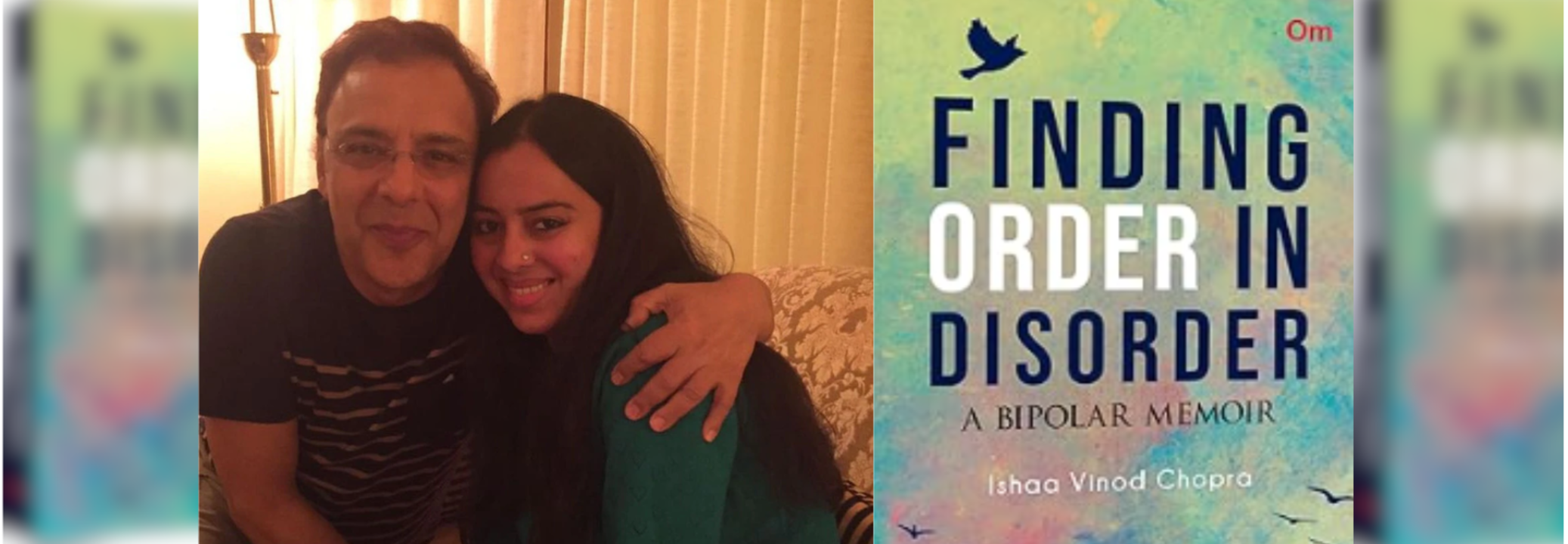Vidhu Vinod Chopra Opens Up About His Daughter Isha’s Battle with Bipolar Disorder: Why It Is Important To Talk To Your Family

SummaryVidhu Vinod Chopra recently opened up about his daughter Isha's battle with bipolar disorder and shared how he and his family are navigating this challenge together, emphasizing the importance of family support and raising awareness to combat mental health stigma.
End of Article
